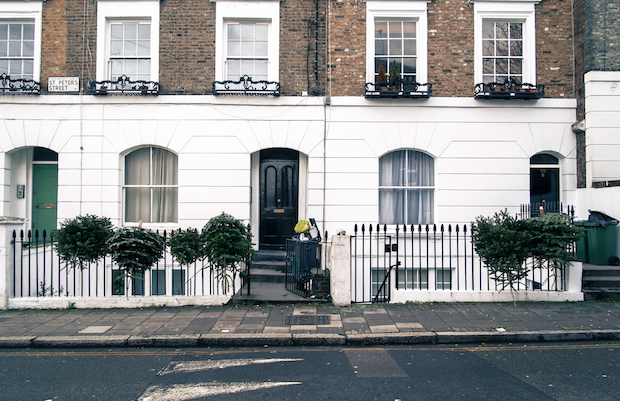The main winners from Help to Buy? Rich men in London

Nearly 40 per cent of would-be homeowners under the age of 40 are planning to apply for the government's controversial Help To Buy scheme in 2014, according to research from Experian Consumer Services.
In November, Halifax and RBS reported strong interest in the first phase of Help to Buy receiving more than 2,000 applications in the first month of the programme, with the number rising to 6,000 in January.
Help to Buy allows buyers with a deposit of as little as five per cent to get a government guarantee for up to 20 per cent of their mortgage.
Those who plan to make use of the initiative tend to skew male and relatively high income, with half earning £30,000 a year and 23 per cent enjoying an income of £50,000 or more.

The average deposit saved by this group is £9,590. Regionally, Londoners have the largest deposits, with 53 per cent having £10,000 or more and 19 per cent having over £20,000.
However, the research warned that 26 per cent have saved less than £5,000 – the minimum deposit required to take part in the scheme.
Worryingly for the prospective homeowners 40 per cent are not listed as living at their current address, which may adversely affect credit ratings.
The rapid uptake of the Help to Buy initiative may renew fears that the UK housing market is heading for an unsustainable boom.
House prices steadily rose over the course of 2013, with an increase of 1.9 per cent quarter-on-quarter in the fourth quarter and 7.5 per cent year-on-year in the three months to December.

In August, the Office of National Statistics released figures showing house prices rising three times faster than wages, while the average house price had risen to £242,000 – the highest since 2008.